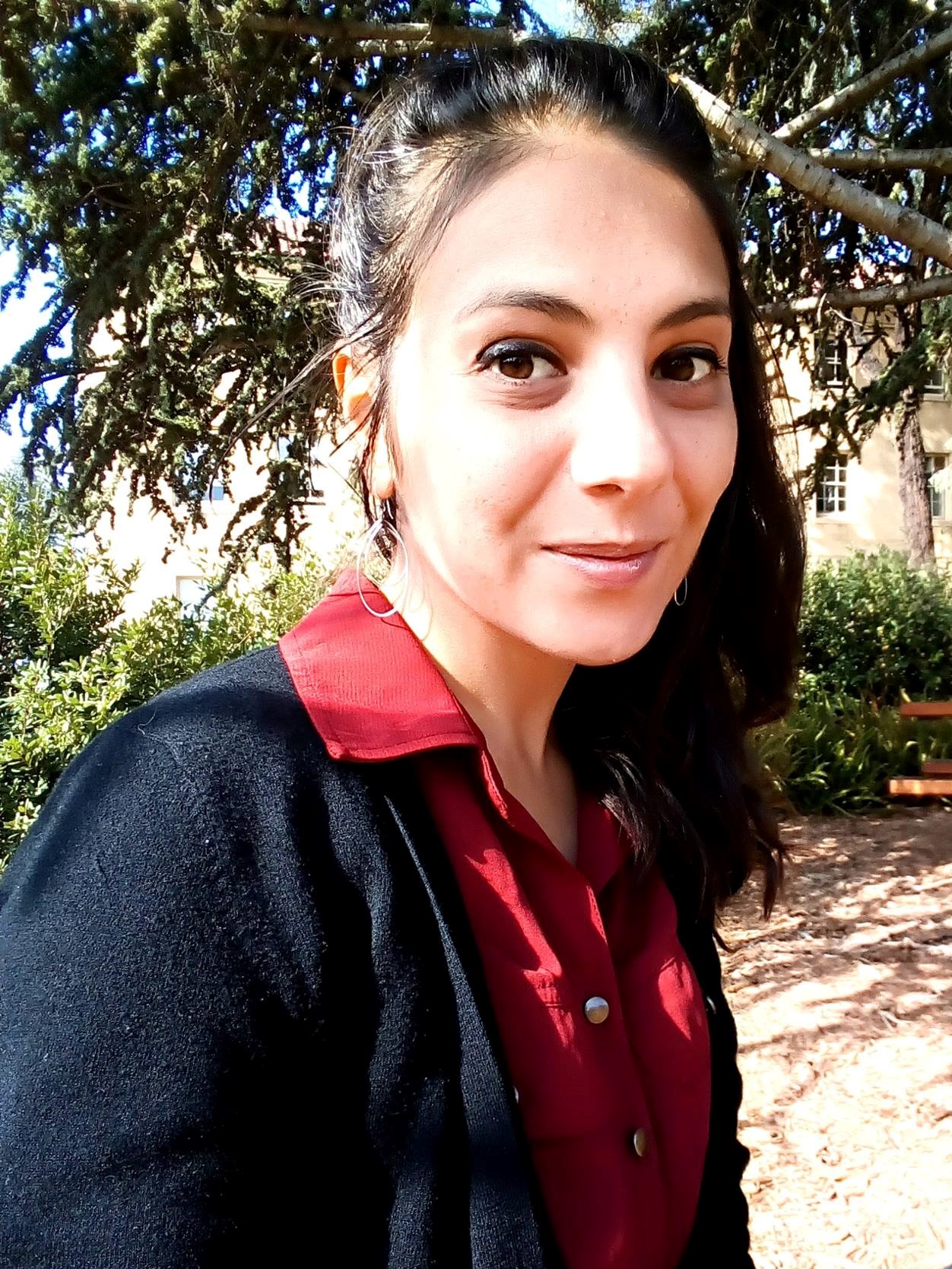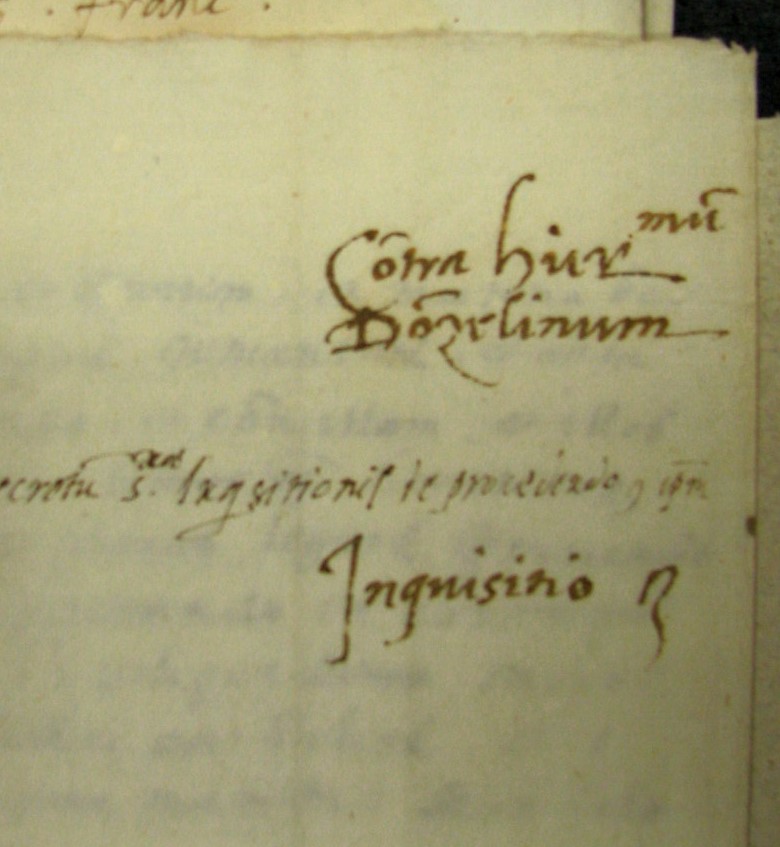About the Researcher
Renaissance woman at heart. West-coast girl by profession.
Freethinker and bravely heretical, as the stories of the people I found in the archives have taught me to be.

I was born in northern Italy in the 1980s. Since I can remember, I have been fascinated by the past, by its study and reconstruction.
After receiving a solid education in the humanities during my high school years at the Classic Lyceum Vittorio Alfieri in Turin, I graduated (Bachelor and Master degree) in early modern history from the University of Turin with full marks. However, I only realised what being a historian actually meant when I completed my PhD in 2016, at the University of Pisa, with a thesis on Physicians and heresy in sixteenth-century Italy. My “vocation” as a historian came from the encounter with the incredible real-life stories, buried in the Inquisition archives, that I found in Venice for my PhD. In particular, I was fascinated by the marginal, outsider, dangerous, stigmatised and oppressed people who were put on trial in the sixteenth century because of their ideas and behaviours (see the project and documentary sections). Understanding their world; apprehending the meaning of their struggle; inquiring into their ideas, their relationships, their environment and their life-style; and reconstructing the legacy of their experiences is what being a historian meant to me. And I loved it ever since.

After years of archive research (mainly, but not exclusively, carried out in the Venetian archives), hours and hours spent to transcribe (and sometimes translate) early modern documents, ages of reading, and months of writing, I submitted my thesis, which I am currently transforming into a monograph. In the academic dimension, sacrifice and satisfaction are the two sides of the same coin. Excitement and frustration, sharing and isolation, enthusiasm and disappointment are all part of a process which is hard to describe in words. If I do not give up in the hard times (and I am pretty sure that any historian, and even any academic, has gone through the same kind of hard times) that is due to a combination of lucky factors: I had the chance to work with great academic teachers, who taught me everything they knew and always motivated me; I am deeply passionate about my subject.
During my PhD I also had the chance to be a Visiting Research Student at Birkbeck College, University of London. The possibility to do research in such an international and dynamic context has deeply impacted my attitude and career as a young academic. It opened up to me new research perspectives and widened my academic network.
With this in mind, I planned to move abroad as soon as possible after my graduation, in order to mingle with different academic contexts, acquire new historiographical perspectives, learn new methodologies and widen the horizons of my research. The dream came true when I won a two years post-doc scholarship sponsored by the European Union’s Horizon 2020 research and innovation programme, under the Marie Sklodowska-Curie Action in 2017. This fellowship brought me to Stanford University (2017/2018, where I am supervised by Professor Paula Findlen) and to the University of Verona (2018/2019, where I am supervised by Professor Federico Barbierato). These are both lively and innovative academic environments and it feels great to be involved with them. My Marie Curie project is called NETDIS (Medicine, Heresy, and Freedom of Thought: a Network of Dissident Physicians in the Confessional Age), and it completes and expands my PhD research. To learn more about my current project see the section: the project.
Having specialized during university years in religious history and history of ideas in the Reformation age, within my PhD I have widened the horizon of my study to the history of medicine. In particular, I am interested in the relation between medicine and the Italian Reformation in the sixteenth century. The main sources of my work are Italian non-catholic physicians’ Inquisition trials, their correspondence with Protestant scientists abroad, and their religious and scientific books. To see my publications and cv click here: link academia page.
History is not only about studying ancient documents and reconstructing ancient facts. It is also about sharing this knowledge and use it to think critically about the present. With this in mind, in 2013 I have acquired the qualification as a history and philosophy high school teacher (Eqf level 7). In 2016 I passed the national examination for a permanent position as history and philosophy teacher in Italy. As I am working on my post-doc, I have currently interrupted my activity as a teacher, but I will be happy to share the results of my research with my future students at due time. About divulgation activities outside the academic context you can also see the section: the documentary.